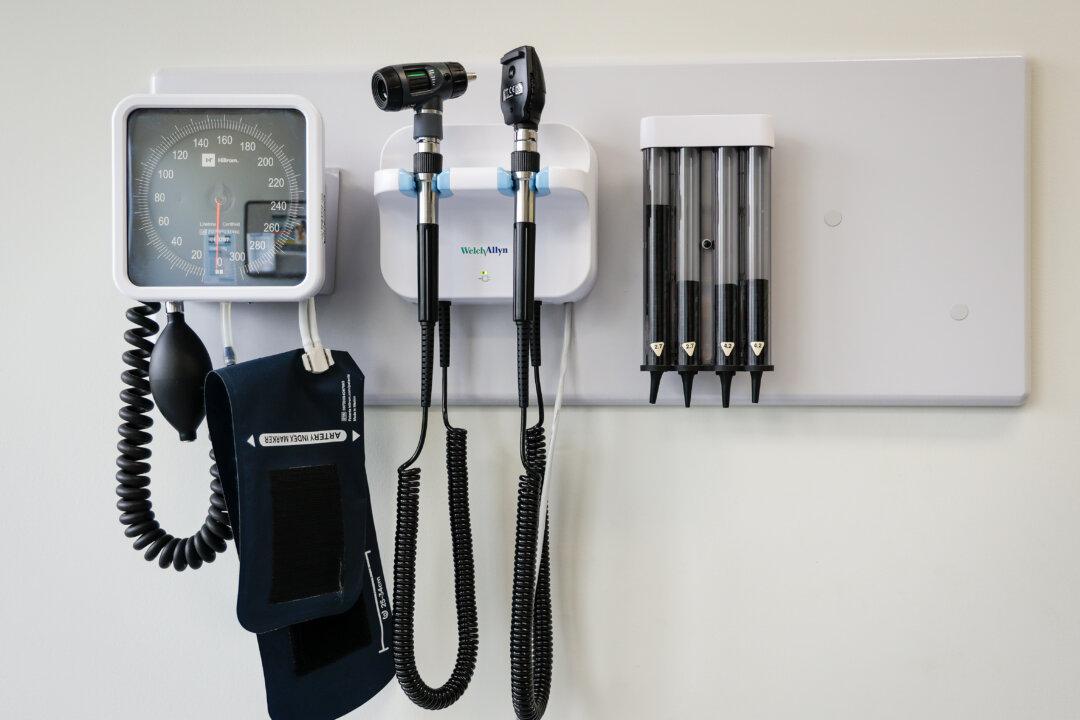Half of Canadians are dissatisfied with their provincial health care system and the majority are in favour of relying more on private entities to provide better service, a new survey has found.
While 50 percent of Canadians said they are dissatisfied with their provincial health care systems, that figure grows substantially in the Atlantic provinces, where more than 67 percent are dissatisfied, according to an Ipsos poll conducted on behalf of the Montreal Economic Institute (MEI) and published on April 11.





